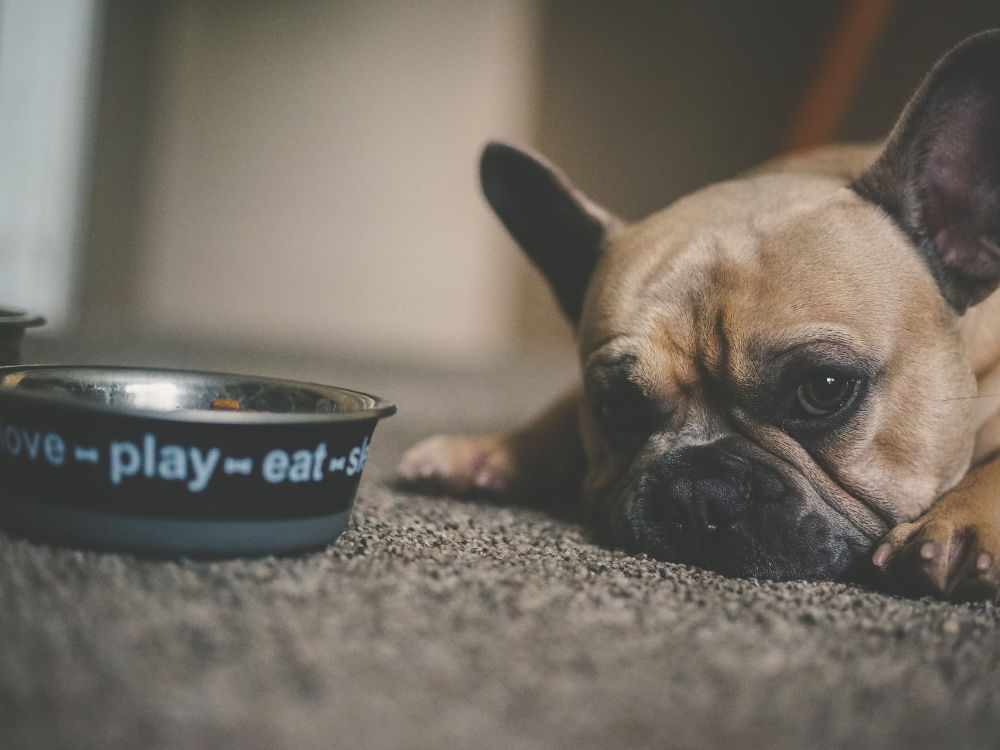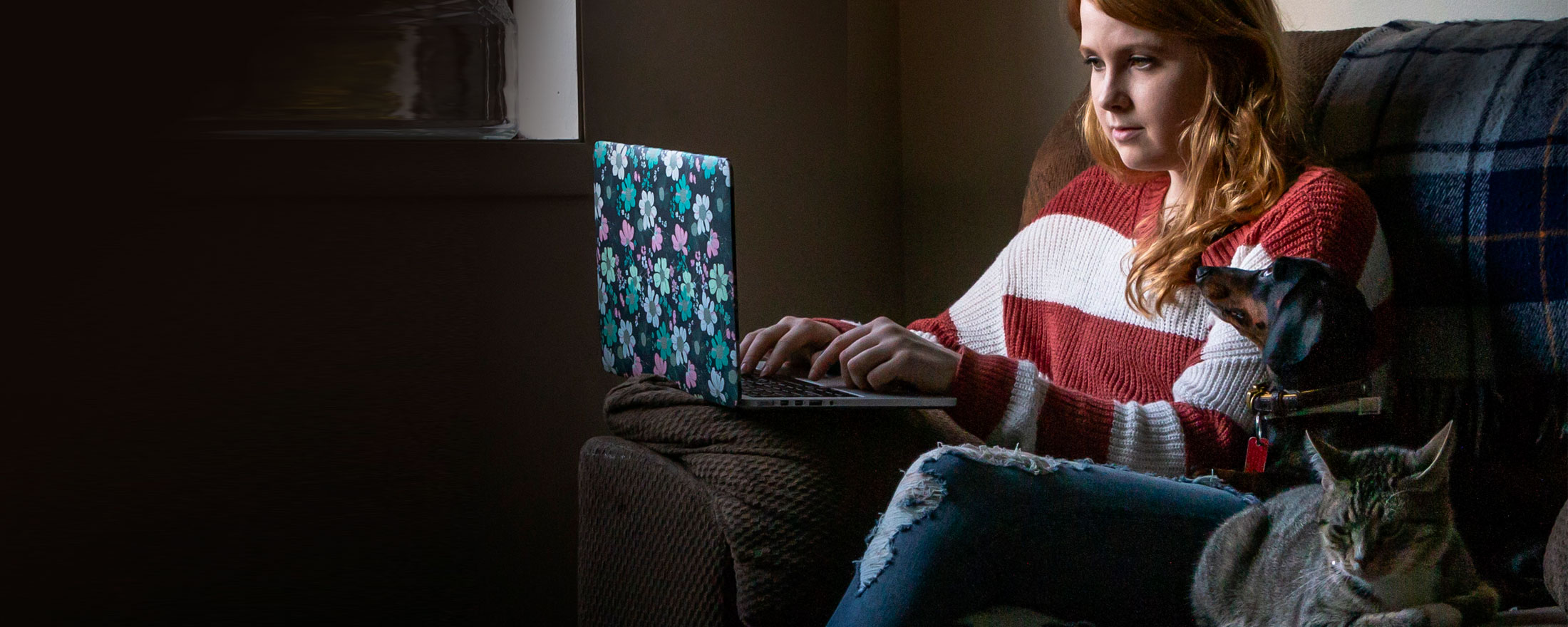
11 Oct 8 Household Items that Are Toxic to Your Pet
Keep your pets safe by storing the following items safely out of their reach.
8 Common Household Items That Are Toxic for Pets
1. Food
There are a number of “people foods” that are toxic to cats and dogs. While there are still plenty of foods that do not cause pets harm, it is better to play it safe and keep the human food you feed your pet to a minimum.
A few notable foods and beverages to watch out for are:
- Chocolate and coffee: the caffeine in chocolate, coffee, and other caffeinated products causes vomiting, diarrhea, tremors, seizures, and other complications in pets that can result in death.
- Nuts: Macadamia nuts can cause tremors, hyperthermia, weakness, vomiting, and depression in dogs. Almonds, pecans, walnuts, and other nuts can cause vomiting, diarrhea, and pancreatitis in animals.
- Onions: Cats are most at risk of gastrointestinal irritation, red blood cell damage, and anemia from eating onions. However, dogs can also experience these harmful effects after eating a large amount of onions.
2. Tobacco and Alcohol
Alcoholic drinks and tobacco products are extremely toxic to pets. They can cause a variety of serious symptoms that can result in a pet’s death. Carefully store tobacco products and alcohol containers where your pets cannot access them. If you brew alcohol at home, it is especially important to make sure your pets cannot get into the supplies.
3. Xylitol
Xylitol is a sugar substitute that can be found in many household items. Even if your pet ingests a small amount of something containing xylitol, it can result in liver failure. Xylitol causes a sudden release of insulin throughout an animal’s body, which can cause low blood sugar, vomiting, lethargy, and seizures.
These common household items often contain xylitol:
- Gum
- Candy
- Baked goods
- Lotion
- Toothpaste
- Mouthwash
4. Medications
Human medication is a common household toxin that dogs frequently ingest. Just one pill can cause severe and even deadly side effects in any pet. Keep all human and pet medications in child-proof containers and always pick up any dropped pills and tablets.
Some medications that are the most dangerous to pets include:
- Ibuprofen
- Acetaminophen
- Cold and flu medicine
- Vitamins
- Antidepressants
- Allergy medications
- Cardiac medications
5. Chemicals
Pets are often attracted to house and garage chemicals. Ingesting chemicals is lethal to both humans and animals, so it is crucial that you store any household chemicals behind locked doors.
Examples of common house and garage chemicals include:
- Antifreeze
- Pesticides
- Fertilizers
- Herbicides
- Bleach
- Toilet cleaner
6. Exposed Wires
Puppies and kittens experience teething just like babies and tend to chew on everything during this phase. Pets can find electrical wiring anywhere in the house so just because some wiring is out of sight, may not mean it is out of reach. Use rugs or tape to cover up wires and cords to protect your pets from electrocution.
7. Plants
Did you know that there are numerous household and garden plants that are toxic to pets? Cats are more likely to have a reaction when eating plants, but dogs are susceptible to side effects as well. Some plants only cause mild gastrointestinal symptoms but others are much more deadly, so it’s important to contact your vet if your pet happens to gnaw on any part of a plant.
If you have pets, it’s best to keep these and other toxic plants out of your home and yard:
- Lilies
- Tulips
- Poinsettias
- Azalea
- Daffodils
8. Bug Repellent
Do not use bug spray on or around your pets. Many bug repellents contain DEET, which can cause seizures, tremors, and death for some animals. Make sure to wash your skin before letting your pet lick you if you recently applied bug spray.
Board-Certified Veterinary Dentist in Colorado
If your pets ingest any toxic household items, call your local veterinarian or emergency veterinarian immediately. At Animal Dental Care and Oral Surgery in Colorado, we can help treat your pet if they injure their mouth by getting into household items. Our veterinary dentists are board-certified and treat your pets like family. Contact us to schedule an appointment or discuss any questions you may have.
Photo by Chris Benson on Unsplash (10/11/21)

